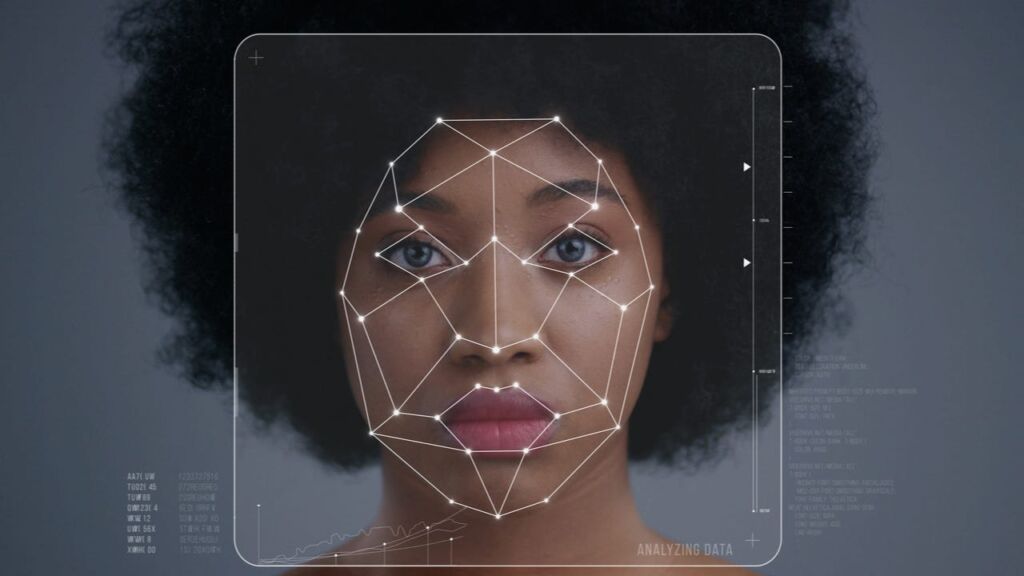Table of Contents
In today’s dynamic job market, the importance of diversity and inclusivity in hiring cannot be overstated. However, unconscious biases often infiltrate traditional recruitment processes, hindering progress towards these goals. Enter AI recruiting—a revolutionary solution poised to mitigate bias and foster inclusivity. In this article, we’ll delve into the realm of AI recruiting, exploring its potential to unravel unconscious bias, with a particular focus on the role of Meet AI in driving this transformation.
1. Objective Decision-Making

Unbiased Lens on Candidate Evaluation
AI algorithms bring a refreshing perspective to candidate evaluation by focusing solely on qualifications, skills, and experiences relevant to the job role. Unlike human recruiters who may inadvertently be swayed by factors like gender or ethnicity, AI ensures objective decision-making based on merit alone. Picture this: Instead of relying on gut feelings or personal biases, AI crunches data to identify the best fit for the position, irrespective of demographic variables.
2. Structured Data Analysis

Harnessing Data for Fair Assessment
One of AI’s superpowers lies in its ability to process vast amounts of structured data from resumes and applications. By systematically analyzing this data, AI identifies candidates’ suitability for roles based on objective criteria. Imagine AI as a diligent detective, sifting through piles of resumes to pinpoint candidates with the right qualifications and experiences for the job. This data-driven approach minimizes the influence of unconscious biases that may seep into traditional recruitment practices.
For more insights on the importance of structured data analysis in AI recruiting, check out this article on “The Power of Data-Driven Hiring.”
3. Anonymized Screening
Stripping Away Bias with Anonymization
Some AI platforms go the extra mile in bias mitigation by anonymizing candidate information during the initial screening process. By removing identifying details such as names, photos, and demographic information, AI ensures that recruiters evaluate candidates solely on their qualifications. This anonymization serves as a shield against unconscious biases, promoting fairness and equality in the recruitment process. Research even shows that anonymized screening significantly increases the likelihood of underrepresented candidates being shortlisted for roles.
4. Inclusive Language Processing
Welcoming All with Inclusive Language
AI-powered language processing tools play a crucial role in making job descriptions and candidate evaluations more inclusive. These tools analyze language to identify and eliminate biased terminology that may discourage diverse candidates from applying. By using inclusive language, AI opens the doors wider, attracting a more diverse pool of applicants. For instance, swapping out masculine-coded words like “aggressive” for gender-neutral alternatives like “assertive” can encourage a more diverse range of applicants to apply.
5. Continuous Improvement
Learning and Adapting for Fairness
AI systems, like Meet AI, are not static entities; they’re constantly learning and adapting based on feedback and outcomes. This iterative process helps identify and correct patterns of discrimination, ensuring a more equitable recruitment process. For instance, if AI algorithms consistently overlook candidates from certain demographics, they can be fine-tuned to give equal consideration to all applicants, regardless of background.
6. Diverse Candidate Sourcing

Casting a Wide Net for Talent
Meet AI takes a proactive approach to sourcing candidates, reaching beyond traditional networks to discover talent from diverse backgrounds. This approach helps organizations tap into a richer pool of qualified candidates who may have been overlooked in manual recruiting processes. By casting a wider net, Meet AI promotes diversity and inclusion in the workforce, driving innovation and success. Just imagine the possibilities when a company’s workforce reflects the diverse tapestry of society.
Can AI Recruiting Eliminate Unconscious Bias?
In conclusion, while AI recruiting may not be a silver bullet for eliminating all forms of bias, it offers a powerful tool in the quest for fairer and more inclusive hiring practices. With its objective decision-making, structured data analysis, anonymized screening, inclusive language processing, continuous improvement, and diverse candidate sourcing, AI holds tremendous potential in fostering diversity and inclusivity in the workplace. Meet AI, with its innovative features and commitment to creating more inclusive workplaces, stands as a beacon of hope in this transformative journey. So, can AI recruiting eliminate unconscious bias? Perhaps not entirely, but it sure can help us get a whole lot closer.



